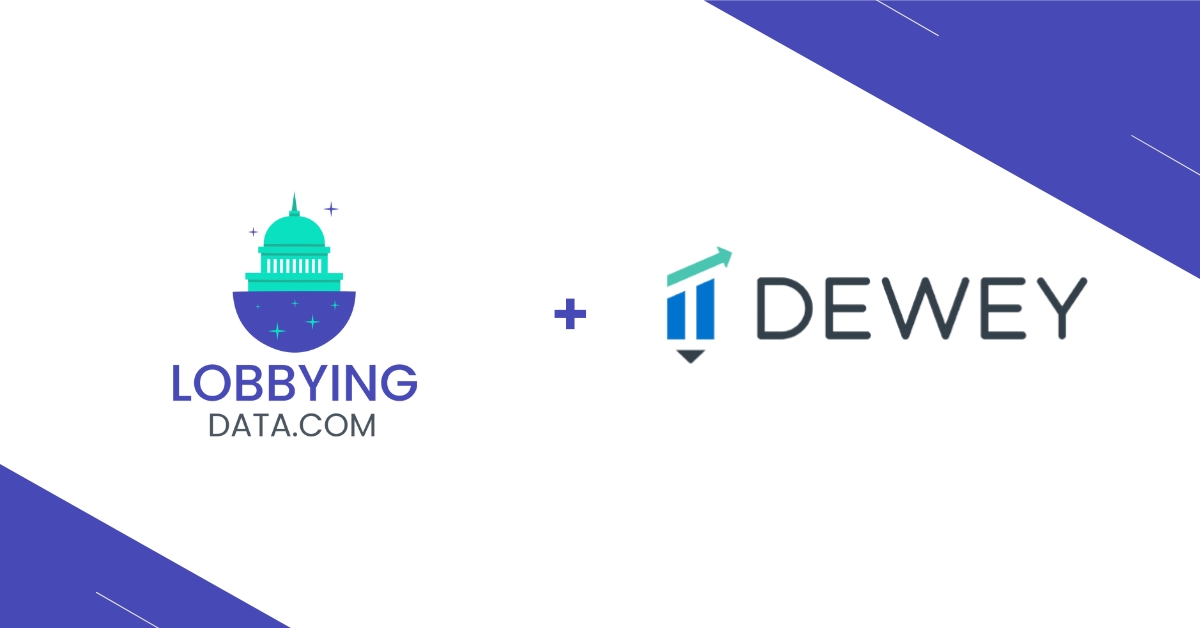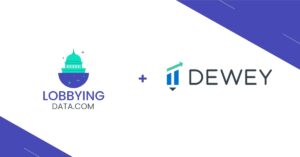Public policy analysis is crucial for decision-making and the implementation of policies that affect society. As such, there has been a revolution in the way public policy analysis is carried out. The incorporation of lobbying research and leveraging legislative data has significantly transformed the way policymakers and stakeholders approach policy analysis. This article explores the impact of lobbying research and legislative data on public policy analysis.
The Impact of Lobbying Research on Public Policy Analysis
Lobbying research is a critical aspect of public policy analysis. It aims to identify and understand the different factors that influence policymaking. This research helps policymakers to determine the impact of lobbying on public policy decisions. Lobbying research provides insights into the various interests, both individual and corporate, that influence decision-making. By understanding these interests, policymakers can make informed decisions that serve the greater good.
Lobbying research also helps to highlight the influence of money in politics. It exposes the various channels through which interest groups funnel money to policymakers. This information helps to identify conflicts of interest and potential corruption. By shedding light on these issues, lobbying research empowers citizens, journalists, and policymakers to hold decision-makers accountable and encourages them to act in the public interest.
Leveraging Legislative Data to Enhance Policy Analysis Accuracy
Legislative data is a valuable resource for policy analysts. It is the information produced by legislative bodies, such as Congress, and includes records of committee hearings, roll call votes, and bill texts. By leveraging legislative data, policy analysts can obtain accurate and objective information about policy decisions.
Legislative data allows policy analysts to track the progress of bills through the legislative process. This information can be used to understand how a bill changes as it moves through different stages. It also helps analysts to identify who is supporting or opposing a particular bill and why. By analyzing the voting records of lawmakers, policy analysts can determine the potential success of a bill.
Additionally, legislative data helps to identify patterns and trends in policymaking. By analyzing this data, policy analysts can determine which issues lawmakers prioritize and how they approach these issues. This information is crucial for policymakers and stakeholders who wish to engage in the policymaking process.
Lobbying research and legislative data have transformed public policy analysis. By providing insights into the various interests that influence policymaking and by leveraging accurate and objective information about policy decisions, policy analysts can make informed decisions that serve the public interest. The use of these tools by policymakers and stakeholders is crucial for the development of sound policies that benefit society.







